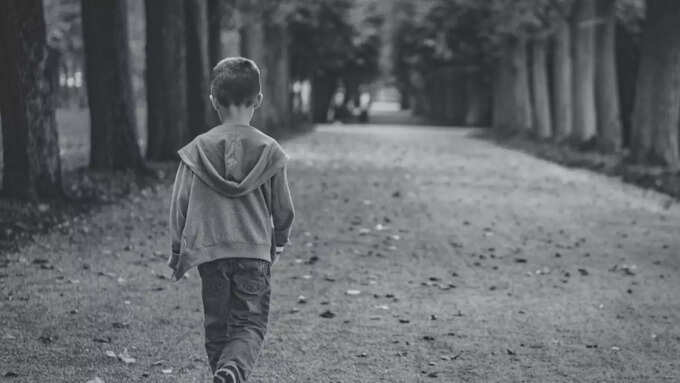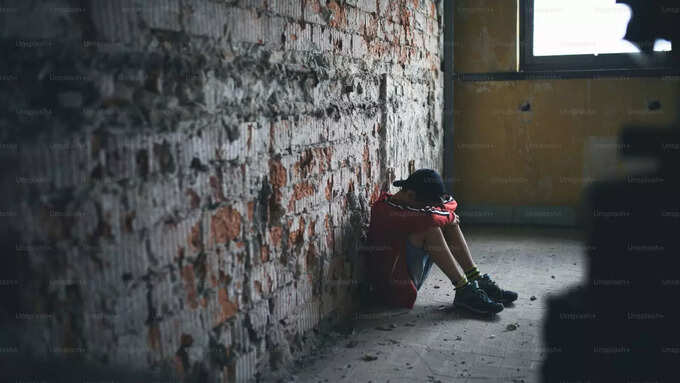Bollywood actor Ranbir Kapoor recently opened up about a deeply personal experience from his childhood that has affected him well into adulthood. In an interview on Nikhil Kamath’s YouTube show People By WTF, Ranbir revealed how his parents’ frequent arguments had a lasting impact on him. These experiences led to a unique fear—he gets uncomfortable when someone raises their voice around him, which stems from witnessing loud confrontations between his father Rishi Kapoor and mother Neetu Kapoor.
Let’s explore how childhood trauma, like the one Ranbir faced, affects people, and how it can be dealt with.
Impact of Parents’ Fights on Children
Ranbir Kapoor shared that growing up in a household filled with arguments left a deep emotional scar on him. He vividly recalled the fights between his parents, which often took place on the stairs of their home. These memories have shaped his behavior and reactions as an adult.

One of the most significant ways this trauma manifested in his life was through his aversion to people speaking loudly. Ranbir explained that whenever someone raises their voice, it brings back memories of those childhood moments, causing discomfort and anxiety.
Alia Bhatt Adjusted Her Habit for Ranbir
Ranbir’s sensitivity to loud voices also impacted his relationship with his wife, Alia Bhatt. Early in their relationship, Alia had a habit of speaking loudly—something that resembled the way Ranbir’s father spoke. Noticing how this affected him, Alia made a conscious effort to change her habit to make Ranbir more comfortable. Ranbir acknowledged that this change wasn’t easy for Alia, as speaking loudly had been her natural tone for over 30 years, but she adjusted out of love and understanding.

Dealing with Childhood Trauma: How It Affects Us Long Term
According to studies, including those from the National Institute for Health and Care Research and the University of Rochester Medical Center, unresolved childhood trauma can lead to long-term mental and emotional challenges. Children who grow up witnessing conflict between their parents may develop insecurities about relationships, emotional instability, and even physical health issues later in life.

Ranbir’s example shows how the emotional impact of childhood experiences can carry over into adulthood, influencing personal relationships and behaviors.
Tips to Handle Childhood Trauma
For anyone dealing with childhood trauma, here are some steps that can help manage the emotional baggage:
- Acknowledge the Trauma: The first step is to accept that childhood trauma has impacted you. This realization is crucial for healing.
- Separate the Past from the Present: Try to recognize that what happened in the past does not have to dictate your present experiences or relationships.
- Stay Connected with Loved Ones: Maintaining strong connections with family and friends can help provide emotional stability and support.
- Focus on Your Health: Physical and mental health are closely linked. Maintaining a healthy lifestyle—through exercise, diet, and mental wellness practices—can help in dealing with trauma.
- Replace Negative Habits: If childhood trauma has led to bad habits or coping mechanisms, work on replacing them with positive, healthy alternatives.
Final Thoughts
Childhood trauma can have long-lasting effects, but with time, patience, and support, it’s possible to overcome the challenges it brings. Ranbir Kapoor’s story is a reminder of how deeply our early experiences shape us, and how love and understanding from others, like Alia Bhatt’s efforts, can help us navigate through our emotional struggles.
Understanding and addressing childhood trauma can lead to a healthier, more fulfilled life, where past experiences no longer define present happiness.
Disclaimer: This article is for general information only. It cannot in any way be a substitute for any medicine or treatment. Always consult your doctor for more information.


